Larry Gruppen, PhD
Professor Emeritus of Learning Health Sciences and Director of the Master of Health Professions Education Program University of Michigan Medical School
Sign Up for Updates 2026 MFS Informational Webinar Information Vital Voices Podcast with 2023 Macy Faculty Scholars
The Macy Faculty Scholars Program, now in its second decade, aims to identify and nurture promising early-career educators in medicine and nursing. The program will help develop the next generation of national leaders in medical and nursing education by identifying outstanding educators, physicians, nurses, and role models—individuals who represent the breadth of diversity seen in learners, patient populations, and health care settings around the country. By providing the Scholars with resources—especially protected time, mentorship, and a professional network of colleagues—the program aims to accelerate Scholars’ careers, to turn their teaching practice into scholarship, and to help them become impactful leaders locally, nationally, and beyond.
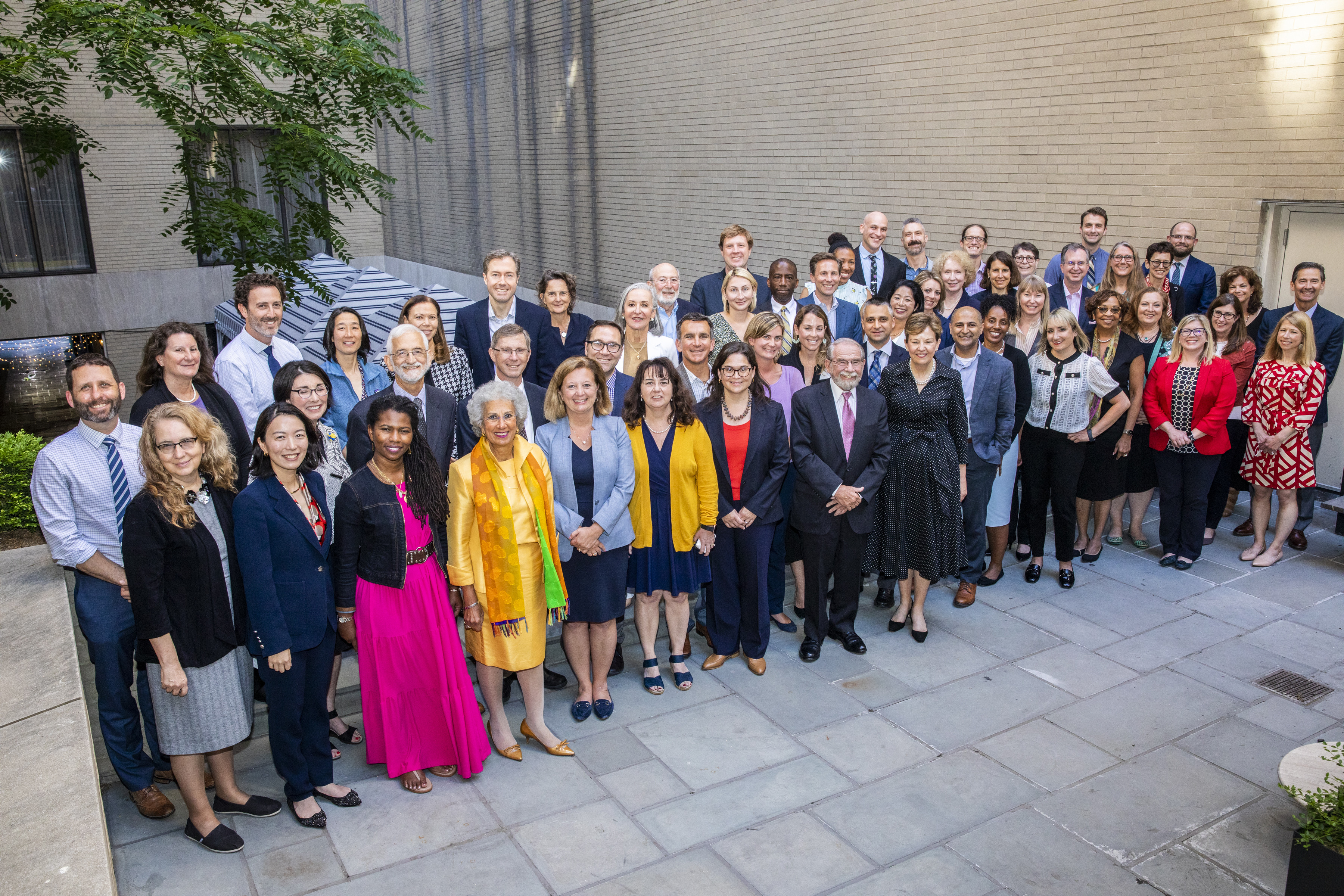
In 2010, the Josiah Macy Jr. Foundation launched the Macy Faculty Scholars Program to develop and nurture the careers of future leaders in medical and nursing education. While the first decade of the program saw the selection of many mid-career Scholars, the Foundation has now shifted its focus to even more diverse early-career faculty who have shown great promise as educators, clinicians, and role models and who are committed to careers in health professions education. The program aims to provide Scholars with protected time, mentoring, curricular activities, and a national network of colleagues with the goal of accelerating the Scholars’ careers. With an emphasis on mentorship and cultivating a professional network, the program will provide a national cohort of mentors, fellow scholars, and leaders to further enhance each new Scholar’s experience and development. We envision that the Macy Faculty Scholars will become the drivers for change in health professions education, toward the goal of creating an education system that better meets the health and public health needs of the diverse individuals and communities served throughout the country.
Program Highlights
Our National Advisory Committee guides the Macy Faculty Scholars Program and provides Scholars with career advice.
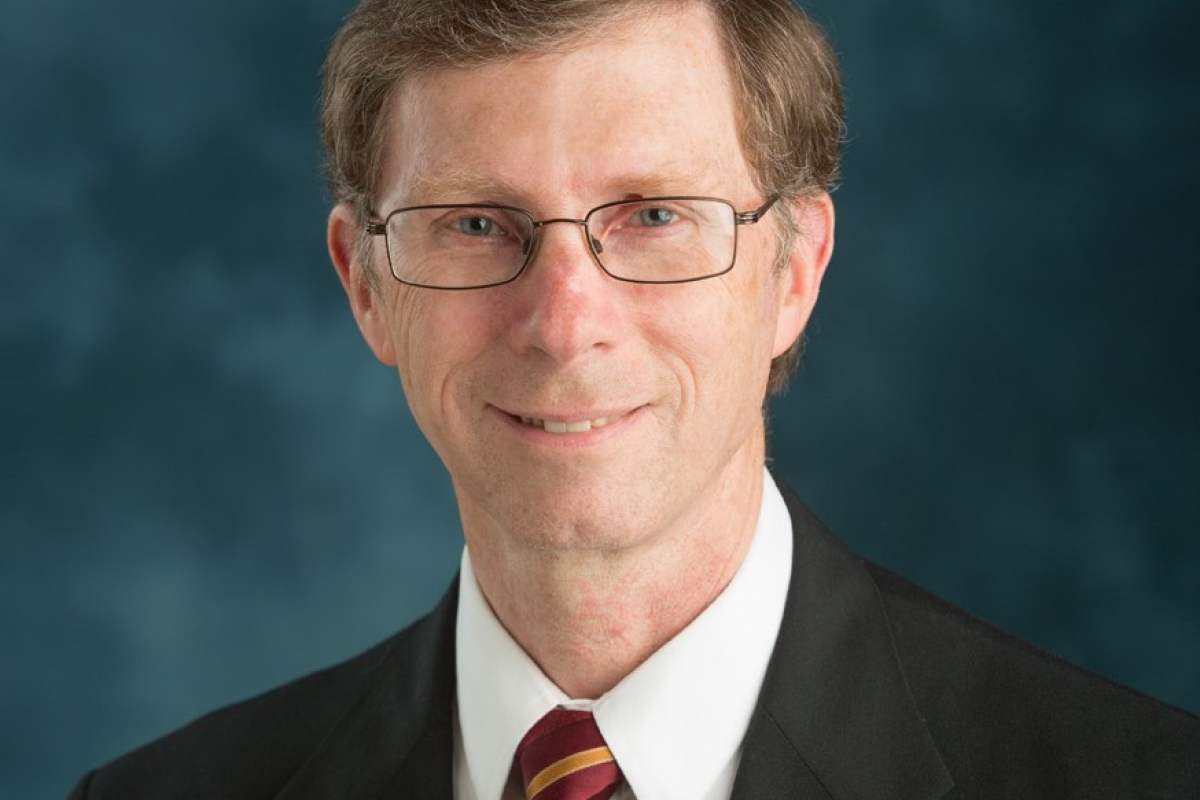
Professor Emeritus of Learning Health Sciences and Director of the Master of Health Professions Education Program University of Michigan Medical School
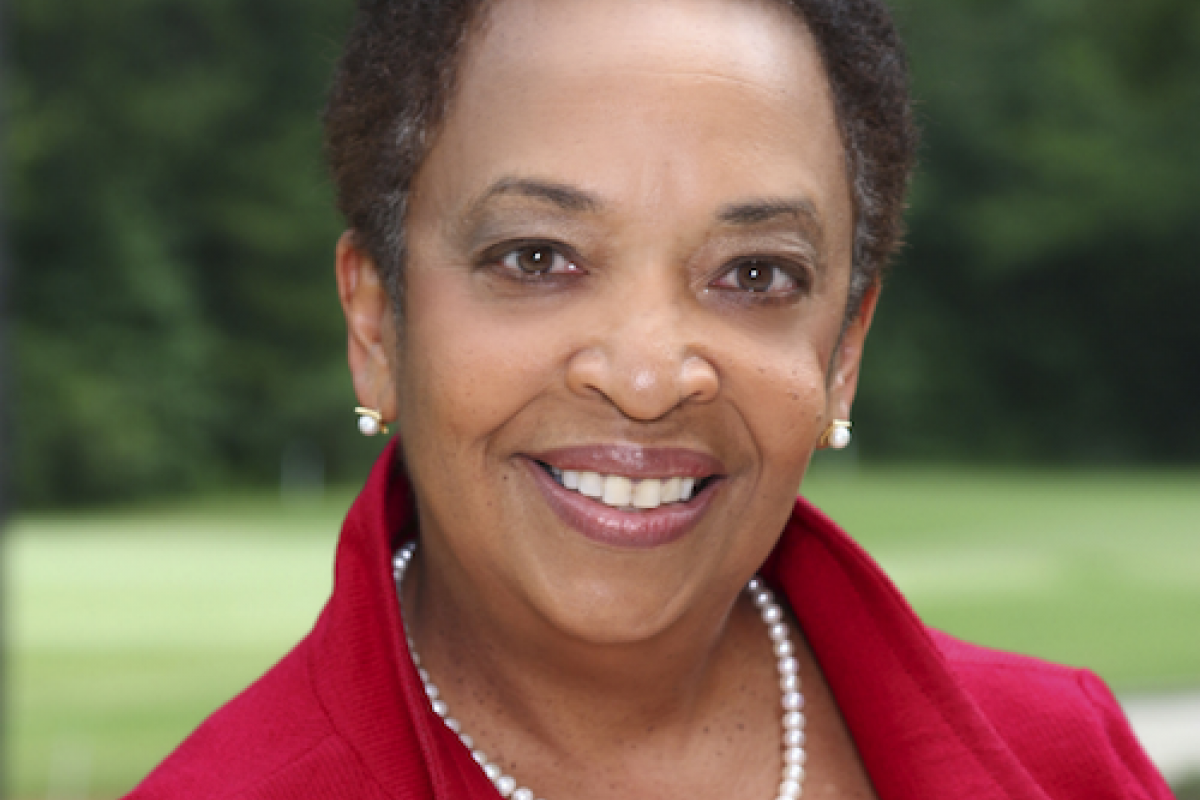
Vice Dean for Inclusion and Diversity Professor of Ophthalmology University of Pennsylvania Perelman School of Medicine Senior Fellow Leonard Davis Institute for Health Economics
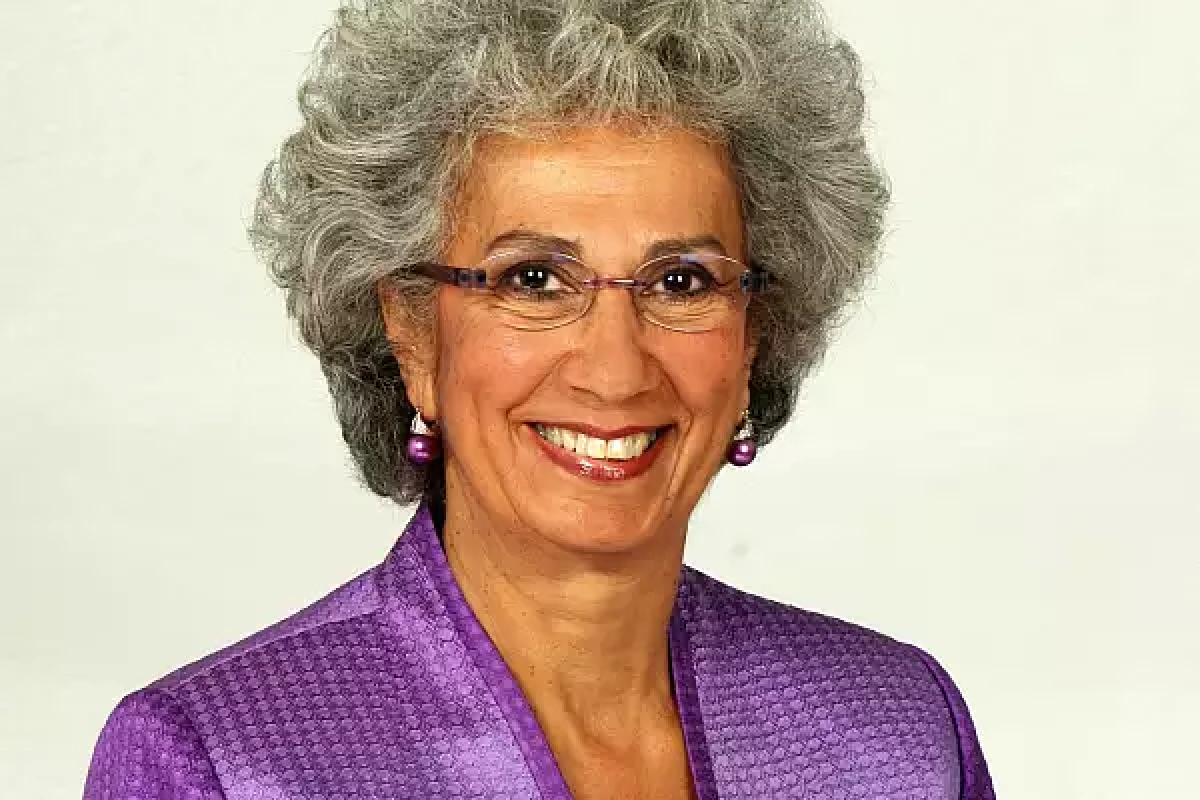
Dean Emerita and Professor of Nursing and Sociology, University of Pennsylvania School of Nursing
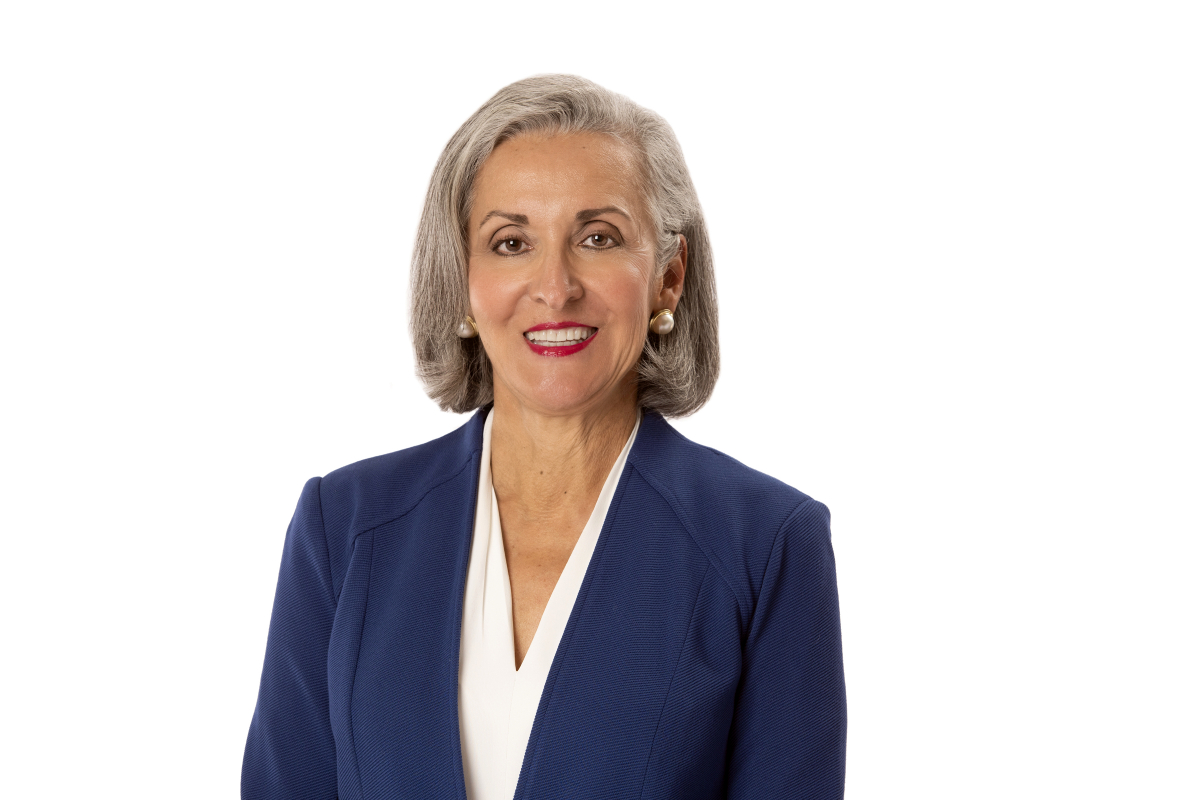
Executive Deputy Dean Professor of Nursing Yale School of Nursing
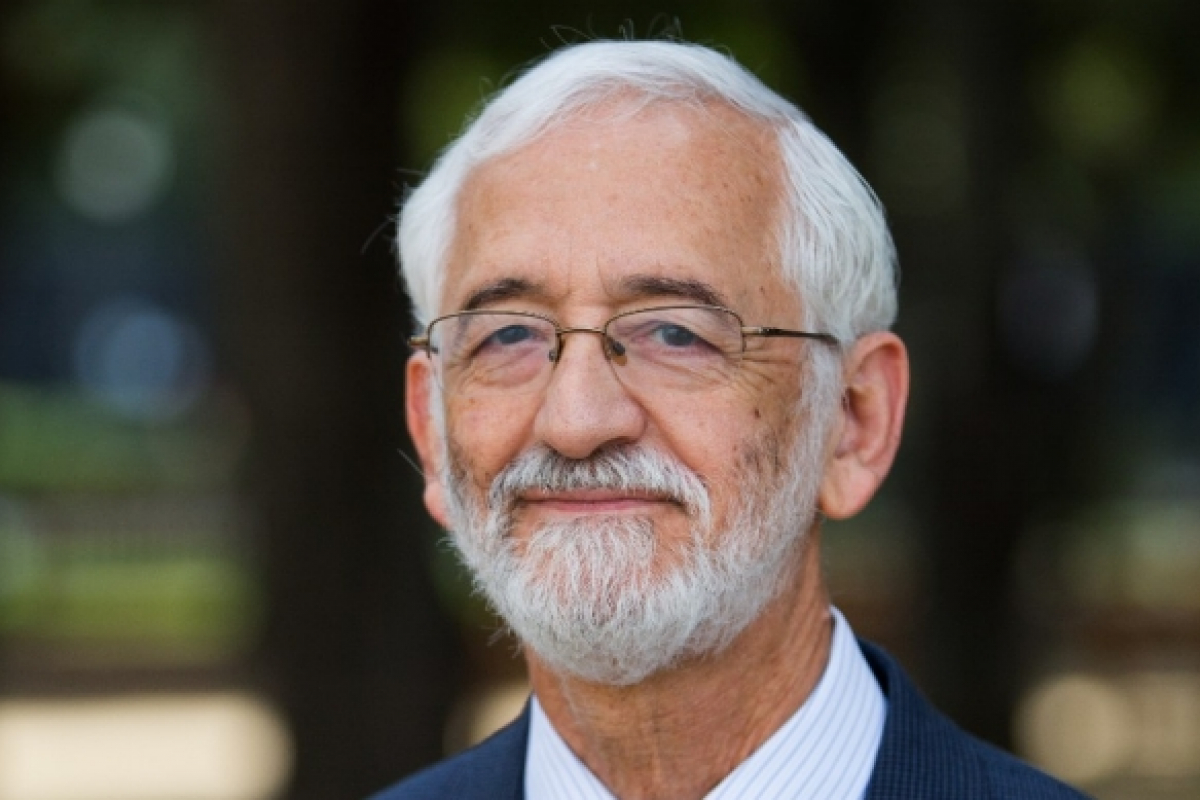
George DeForest Barnett Professor of Medicine Stanford University School of Medicine
Since launching the Macy Faculty Scholars Program, we have received many good questions from interested parties. The most common of these questions are answered here. If your questions are not among those answered below, please contact us.
Q: What rank would be considered "early career"?
A: We recognize that there can be variation from one institution to another in terms of time needed to achieve a particular academic rank. We also recognize that individual circumstances can impact a candidate’s career and life in a way that affects years of service. In part, because of these factors, we do not have strict guidelines about eligibility related to rank or years of service. However, because we are looking for early-career candidates who are in a position to affect real change in their institutions, we expect likely candidates to be at the assistant professor rank with roughly three to eight years of experience as a faculty member.
Q: If I am neither a nurse nor a physician, can I still apply?
A: Yes, you may still apply, but you must be nominated by the dean of the school of medicine or school of nursing. Additionally, the candidate’s project must focus on advancing medical or nursing education. Some of our alumni Scholars are neither physicians nor nurses. Rather, they are non-clinical, education researchers.
Q: What makes a strong candidate for the program?
A: Please review the website for a description of the full selection criteria. Briefly, a strong candidate will have a demonstrated commitment to a career as an educator in the health professions, show early promise as an educator and leader, have evidence of scholarship in education, and be in a position to directly influence learners in the local environment. The merit of the candidate's proposed project and its likelihood of influencing national trends in health professions education and, ultimately, the health of the public are also considerations.
We have a particular interest in hearing from faculty who represent diverse backgrounds and come from institutions that are diverse in terms of their geography, populations served, and community-based vs. research-intensive. You may reference the Macy Notes blog to learn more about our vision for the second decade of the Macy Faculty Scholars Program.
Q: How do I find out what areas of educational innovations the Foundation is most interested in?
A: The Our Priorities section of this website lists the principal interests of the Foundation.
Q: If I applied for the program in a past year and was not selected, am I allowed to re-apply?
A: Yes — there have been numerous successful applicants who applied for the program more than once before ultimately being selected.
Q: Our university has both a medical school and a nursing school. Can we nominate one candidate from each school?
A: Yes, you may nominate one candidate from each school.
Q: What do you mean by "doctorally prepared"?
A: Eligible candidates must have a doctoral degree (e.g., MD, PhD, DNP, EdD).
Q: Must a candidate be a doctorally prepared faculty member when the application is submitted or when the appointment begins?
A: All candidates must be doctorally prepared at the time the application is received by the Foundation.
Q: Can schools of pharmacy, dentistry, or public health nominate candidates for the program?
A: No, only deans of United States accredited nursing schools, allopathic medical schools, or osteopathic medical schools may nominate a candidate from their faculty.
Q: Can an academic medical center be the sponsoring institution?
A: The candidate can of course work in both a school and a medical center, but the nomination must come from the dean of a medical or nursing school and not from the academic medical center itself.
Q: May I apply to the program as part-time faculty member?
Those who are benefits-eligible faculty members, as determined by the home institution, are eligible to apply.
Q: If I have faculty experience, but at different schools, does that count toward my years of experience?
A: Yes. However, the decision to nominate a candidate must come from the dean of the school, who is best positioned to determine the most qualified candidate.
Q: Can the candidate's mentor be located at an outside institution?
A: Yes, if there is a strong justification for choosing a mentor outside the school, and it can be demonstrated that having an external mentor will not compromise the candidate’s project or impede mentorship and professional development at the candidate's institution. The candidate must still have the support of the local institution; the nomination must come from the dean of the candidate’s home institution and the candidate will still need a letter of support from the department chair.
Q: Can the candidate’s mentor also be either the dean or the department chair?
A: Yes, it can be and has been done. However, those who serve as the dean or as a department chair are often quite busy. The candidate should ensure that the mentor will have adequate time to devote to supporting the Scholar and their project.
Q: The candidate's dean and department chair are the same person. How should we manage the letters of support?
A: Please pay careful attention to the instructions noted for each type of letter (dean, chair, mentor); we are looking for specific comments in each type of letter. If a letter writer serves in two of the aforementioned capacities, the letter writer has a few options: a) combine all elements of the distinct letters into a single letter and upload to one slot, and fill the remaining slot with a second "additional letter of support" or b) have the letter writer write and upload two distinct letters for each of the two roles.
Q: Can the candidate’s mentor be a non-clinical faculty member (e.g., a PhD medical education researcher)?
A: Yes
Q: Should the educational innovation project being proposed be accompanied by a budget that includes existing or potential funding sources?
A: Not necessarily. The Macy Faculty Scholars Program supports the time of the individual. Additional associated costs would be borne by the educational institution or through independent funding. Evidence of strong institutional support, however, will make for a stronger application.
Q: Can the Scholar grant be supplemented by other funding for the project?
A: Yes, other funding—be it private, public, or in-kind—may be contributed to the proposed Scholar’s project. This should be noted on the application.
Q: What is included in the award?
A: Up to $100,000 per year for two years, with an additional $25,000 per year for project support and professional development activities. We recognize that in some cases the award amount may provide for more than 50% protected time. Alternately, if the up to $100K per year of salary support from the award does not fully cover 50% of a Scholar's time, we expect the Scholar's institution to make up the difference to ensure at least 50% protection of the Scholar's time.
In addition, Scholars will receive funding to participate in a Harvard Macy Institute course, for travel to the Annual Macy Faculty Scholars Meeting, and for other program-related travel. They will also receive mentoring from the National Advisory Committee and program alums.
Q: Do you fund indirect costs?
A: Indirect costs are not funded as part of the award. It is expected that the Scholar’s institution will cover indirect costs as an in-kind contribution.
Q: Are fringe benefits covered by the award?
A: No. The home institution is expected to cover fringe benefits.
Q: How many awards will be given?
A: In most years, up to five awards will be given annually.
Q: Who should fill out and submit the application?
A: Only the candidate should fill out and submit the online application.
Q: When proposing an educational project, what constitutes a “learner”?
A: The proposed educational project should focus on learners who are either students, graduate students, residents, fellows, or faculty (in their role as educators). In general, we would not be looking to support projects that provide continuing education for already fully licensed and certified physicians and nurses.
May 1, 2025 - Application portal opens
May 29, 2025 - Informational webinar. See the Additional Resources section (above) for a past webinar recording, transcript, etc.
August 1, 2025 - Application deadline @ 11:59 pm ET
January 8, 2026 - Notification of application status; finalists identified
January 28 & 29, 2026 - Finalist interviews (virtual)
January 30, 2026 - Notification to Scholars and sponsoring schools
April 20-21, 2026 - Kickoff Meeting for 2026 cohort (St. Louis, MO)
April 21-23, 2026 - Macy Faculty Scholar Annual Meeting (St. Louis , MO - includes 2026 cohort)
July 1, 2026 - Appointment begins